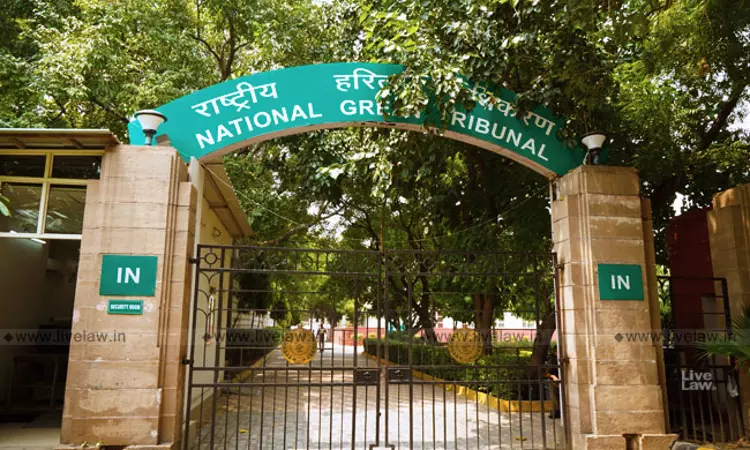The National Green Tribunal directed the Central Pollution Control Board to conduct further study on whether FCBTK technology could be allowed in non-NCR region of Haryana by using agri-residue by monitory their impact on ambient air and the loss of top soil in non-NCR region of Haryana. Fixed Chimney Bull's Trench Kiln (FCBTK) technology is a continuous, moving fire kiln in which the fire...

